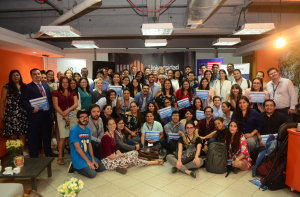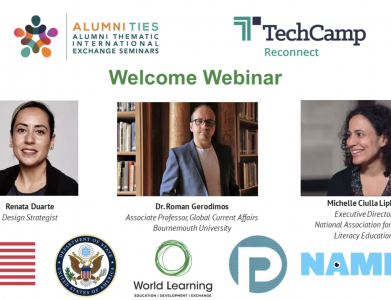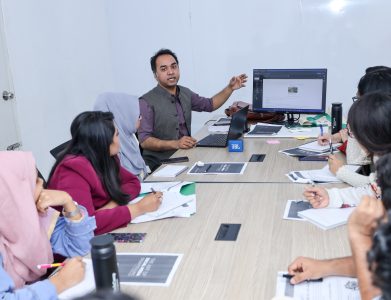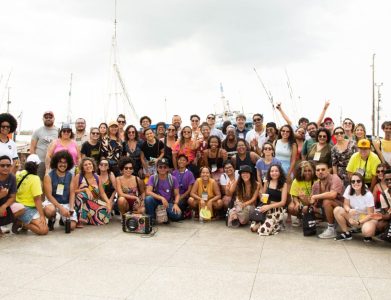Erin Markly was at post when she identified a major need in the region – journalists needed support, so she wrote the proposal and worked with the team that made TechCamp Guayaquil a reality. When asked if there were any challenges in the planning process, she said “Honestly, it was pretty smooth,” adding, “I think it was something that everybody agreed was a need, so people got onboard pretty quickly.”
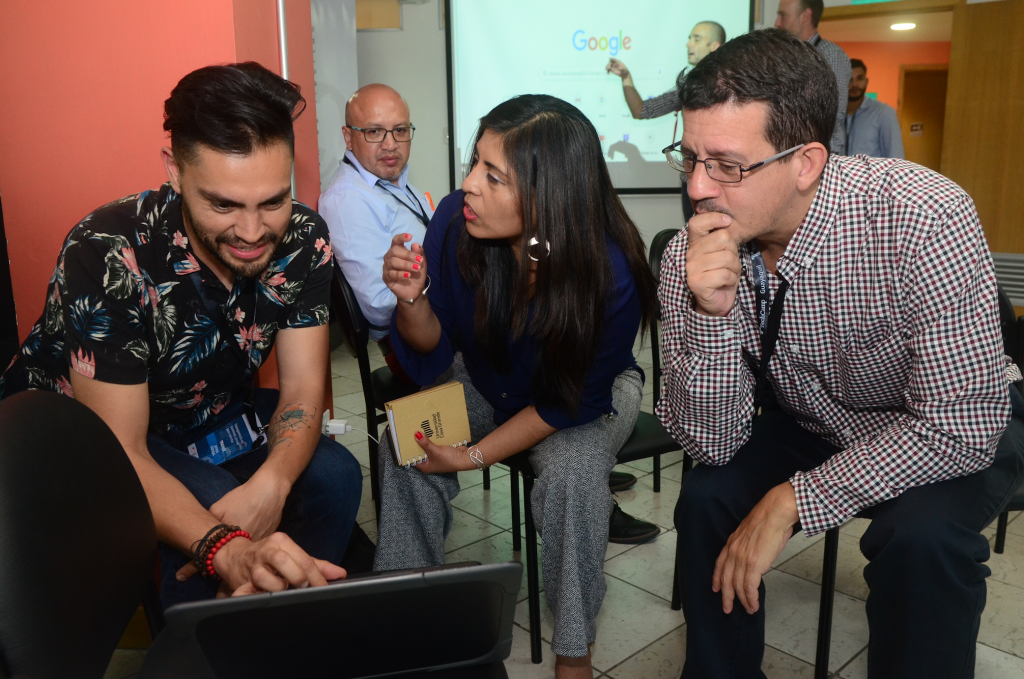
TechCamp Guayaquil involved participants from five countries and took place in September of 2019 in a time when most participants did not even consider the possibility of a global pandemic, but rather focused on the more pressing issue of mounting political tension in Ecuador and Peru. Even now, “There really is still an issue with freedom of expression and targeting journalists in South America, particularly in Ecuador, as a remnant of the previous administration,” Erin said, “There were protestors in Ecuador in October after the TechCamp, and there were journalists that got attacked and went to the hospital. Some were kidnapped and held hostage for hours by part of this larger protest. It was something that was so real. It wasn’t just theoretical.”
For Rafael Valdes, the Information Officer at post and a former journalist, the events of the October protests provided a realization in the value of social media as a tool to inform the public. This realization was further proven at the start of the pandemic. “The Government tried to keep the people in order, to keep the calm about the disease,” Rafael said, “In Ecuador, you could see that on TV; the narrative was homogenous. Meanwhile, in the digital platforms, it was completely different. It was more open. People were saying what was actually happening, and journalists on these digital outlets were covering live what was happening in the streets.”
Rafael describes the pandemic as taking the TechCamp “to another level.” The original aim of TechCamp Guayaquil was to empower journalists with the investigative tools and skills they needed. When event organizers had to cancel a follow-up event due to COVID-19, they turned to an online survey, which Rafael helped to coordinate. This survey asked one simple, but focused question: “What do you want to learn right now?” The organizers found three common themes. Firstly, many of the participants had formed their own digital platforms using the skills they had learned at the TechCamp, and they wanted to learn how to continue to create content and speak to audiences on these platforms without expensive equipment. “We could not tell someone to buy a specific camera for their documentary,” Rafael said, “We had to say ‘Okay. Let’s use what you have.”
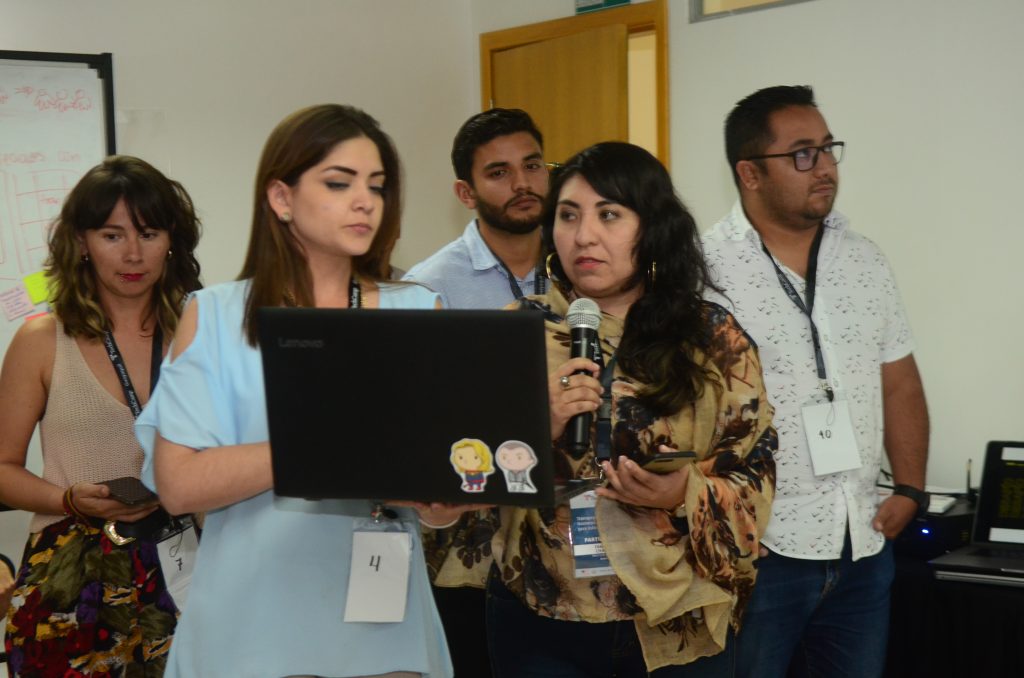
The second big thing TechCamp Guayaquil alumni wanted to learn about was what Rafael describes as “biosecurity measures.” They wanted to learn about the safety measures that they could employ to protect themselves in the field and how to cover stories that used lots of medical terms. Many of the journalists were not specialized in medical or scientific journalism. The third and most important thing was psychological support. “80% of people who responded told us they couldn’t sleep,” Rafael said. The journalists were dealing with stress and anxiety, so Post connected the journalists to a psychology specialist.
“This program started off with a technological approach to promote transparency, to promote journalism, but it ended up becoming something deeper,” Rafael said, “It became about how to survive a pandemic, and I’m not just talking about how to survive in terms of money. It was also in terms of how to sleep, how to be safe.”
The biggest source of support for the journalists has actually been a WhatsApp group chat that was created during the TechCamp and is still active today. “The network continues,” Erin said, “One of the most important things to note is that only one or two people left the group, which was really quite surprising.” The group chat acts as a “cold call” to ask for news information from fellow journalists in other regions, a support group, a place to ask for tips on staying safe and healthy, and as an occasional debate platform, but Rafael affirms that though there is a difference of beliefs, everyone maintains a “very friendly respectful environment.”
When asked what his biggest takeaway was from this TechCamp, Rafael had trouble coming up with just one thing. After much thought, he said, “Every person who participated in the TechCamp became a bridge to connect me to the situation in my neighbor’s country. Now, I think that I have new bridges of knowledge. Every participant in the TechCamp is a professional contact. To have these bridges to different knowledge, different situations, that is priceless. I am very grateful to have been a part of the equation, to be a part of a program that approached journalists from five different countries. It was amazing.”
